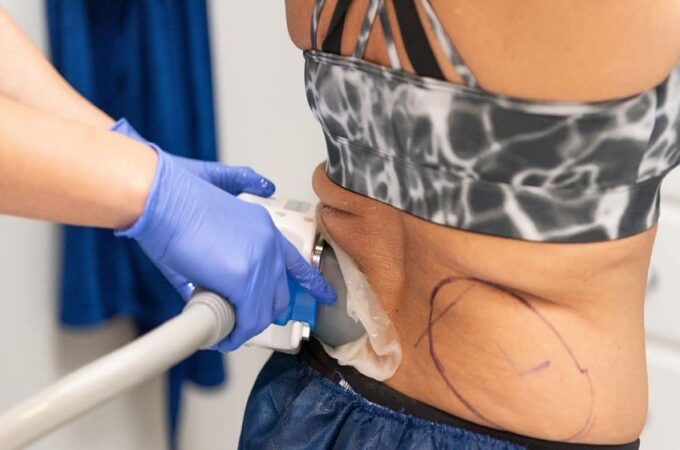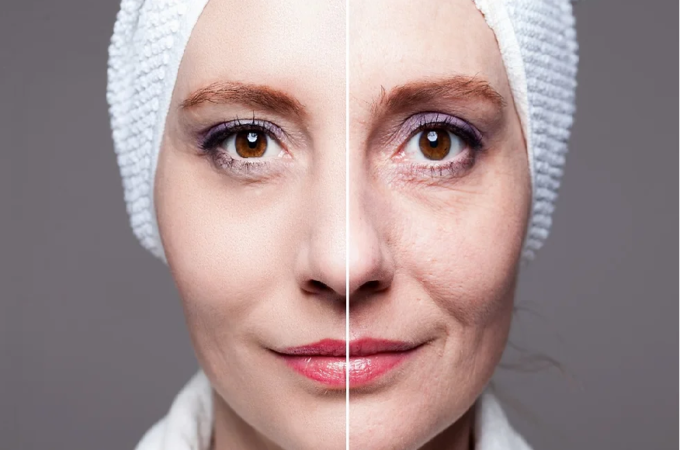
How Inpatient Treatment Works
Inpatient treatment or residential treatment is a type of treatment given to people with serious mental health problems or substance dependency, or patients with chronic mental illnesses. This involves the patient residing in an institution with various degrees of impairment and involves the participation of doctors and therapists in the process constantly throughout the day.
Here’s a detailed look at how inpatient treatment works:
Admission and Initial Assessment
For inpatient residential programs, a patient must complete several stages when registering in specific facilities. This may include the history and physical consultations with doctors, psychologists, or counselors to assess the client’s medical history, current condition, and requirements. The first evaluation is particularly useful in developing an individualized approach to solving the issue. It is valuable in putting in place the state’s reference points and defining the recovery process’s realistic objectives. The assessment may involve the instrumentation of the patient, a physical test, and conversation with the patient and the close ones.
Personalized Treatment Plan
If the first evaluation is positive, a team of practitioners designs comprehensive person-centered primary care plans for individual patients. This often encompasses treatment, therapy, and administration of drugs, as well as an hour or more of individual and group therapy focusing on medical treatment management, besides other solutions, including dietary and physical therapies. Treatment is more of a long-term process since it can be modified depending on the patient’s condition. It is about solving the source of problems related to the patient and giving the client the necessary knowledge regarding their condition after their release.
Therapy and Counseling
Outpatient programs are also effective and are applied abundantly when a patient is experiencing a mental health or substance use disorder. Outpatient therapy is unique from group therapy because patients get personal time with the therapist to dissect their thoughts, behaviors, and feelings. It provides a platform where numerous individuals suffering from the disease share experiences and can easily find a company in their recovery. Family therapy may also be incorporated to address issues of family constellation and how the person prepares to rejoin the family and society.
Medical and Psychiatric Care
Medical and mental management is sometimes required in the future when it comes to patients with severe conditions or having other illnesses concurrently. Psychiatrists are responsible for managing medication with prescriptions and making changes from time to time depending on the patient’s response, while the medical staff offers treatment for any physical ailments. Such an integrated care method entails a simultaneous attempt to manage all the components of a patient’s health needs. Inpatient medical care can include 24/7 monitoring by the facility’s medical staff, who are essential for dealing with withdrawal symptoms, as well as any other side effects that may arise or an emergency.
Structured Environment and Daily Routine
Inpatient facilities may also have a structured living environment, meaning that most patients’ days are scheduled and structured, which means that they tend to have a schedule of activities that are supposed to be carried out during the day or at any given time. This structure entails a plan of when to go for therapy, when to have meals, engage in games and other forms of entertainment, and other free time. The routine is especially important for helping patients construct a new structure for their existence and return to a predictable regimen as soon as possible, which is especially useful for those who have an addiction or severe mental illnesses. The surroundings are made as unstimulating as possible for patients and intentionally free of things that could be triggering in a way that promotes a maximalist focus on healing.
Life Skills and Relapse Prevention
This is aside from the therapeutic interventions that are available as inpatient drug rehabilitation facilities also feature life skills training. Theselessons may be taught to patients on handling money, relationship enhancement, or stress management. Another component under this is relapse prevention strategies, which are also very important for the instance of addiction. The activities educate patients on how to identify high-risk situations, how to cope with urges, and even how to find support after the hospital to prevent a relapse.
Final Thoughts
Inpatient treatment is an intense and more encompassing approach to a patient’s treatment as it is formulated to cater to those who are in bad states or who have major health issues. Therefore, a structured and supportive environment with individual and multiple diagnosed-treated approaches makes it a great tool for promoting recovery and wholesome human development.





